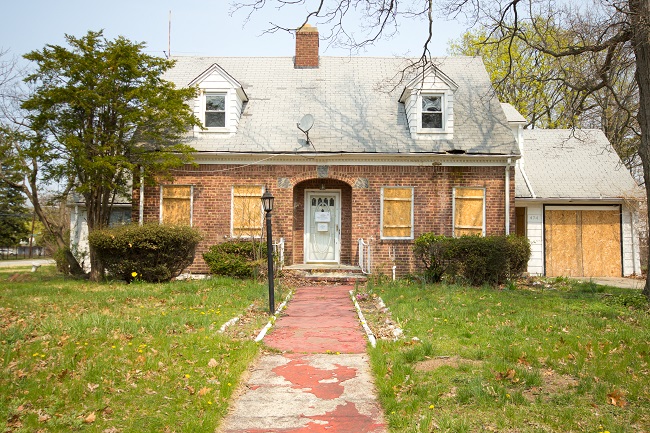Property Insurance Update

For More Information on Insurance for Vacant and Unoccupied Buildings Click Here
How to protect and prevent hazards at vacant and unoccupied properties
What is the definition of an unoccupied/vacant property? – property in the form of buildings or parts of buildings which are unoccupied / vacant or where business is out of service.
Insurer’s views vary when it comes to unoccupied properties depending on the expected period of un-occupancy, security measures in place, location, type of building and state of repairs. Whilst each type of property may have its own unique exposures, there are general guidelines that property owners can apply to prevent or reduce hazards to protect their vacant buildings. Unoccupied buildings can be an attractive playground to children and a duty of care is owed to them even though they may be trespassing. The damage to building and theft aspects also need to be considered along with the health and safety of visitors, welcome or otherwise.
Guidelines for protecting unoccupied buildings;
Security:
Doors and Windows – Ensure that all external doors and windows are in good condition and adequately secured with good quality locks. Where necessary, boarding (plywood or metal weld mesh grilles) should be fitted to protect vulnerable glazing and other openings. Ensure the letter box is sealed to prevent insertion of combustible material.
Roofs – If possible, restrict access to roofs to prevent the theft of lead. Regular checks of roofs should be carried out to ensure that any theft of roofing materials is discovered quickly in order to minimise the risk of damage by rainwater ingress etc.
Perimeter Security – if practical you should consider enclosing the site with a security fence
Security Lighting –install security lighting or improve the quality of existing lighting.
Electronic Security Systems – consideration should be given to the installation of an intruder alarm and maintained in effective working order. Closed Circuit Television could also be another item that should be considered.
Manned Guarding – consider the need for security depending on the nature of the risk i.e. permanent guarding presence or by visiting patrols.
Communication:
Notify local authority, gardai and fire service that your building is unoccupied providing contact details in the event of an emergency. Utility companies, alarm company and other property owners in the area should also be made aware of the premises being unoccupied. Inform your insurance company of the vacant building so your insurance policy can be reviewed to ensure the vacant property is properly covered.
Services:
All services should be shut off at the main switch or stopcock.
Gas, electricity and water supplies should be turned off (unless essential for maintaining heating, fire protection or intruder alarms). All pipes, tanks and cisterns should be drained to reduce the risk of freezing. Fuel, oil tanks and heating systems should be drained and made safe from potential explosion risks.
Maintenance and Inspection:
Regular inspections should be carried out at least once every seven days. Ongoing maintenance of the property is also important to ensure that the general fabric of the building is maintained in good condition. Without maintenance a building that is unoccupied can become run-down and will attract the attention of vandals and undesirables etc. Also, combustible contents and waste materials provide fuel for arsonists and can be a temptation to thieves.
Remember: Unoccupied buildings bring an increased risk of theft and malicious damage, arson, weather related losses and injuries to trespassers, especially children.





